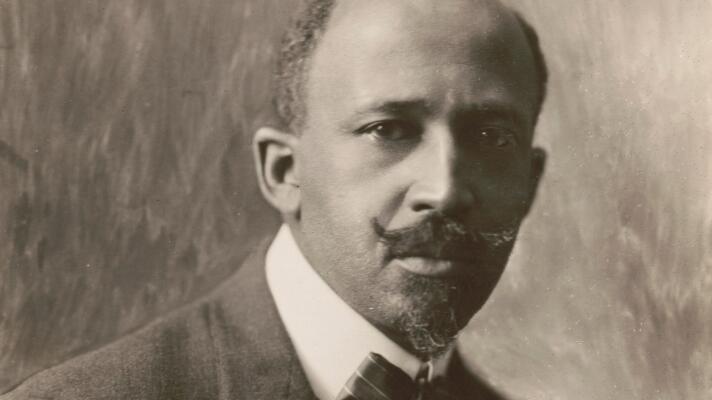Extras
Explore the life and legacy of notable Black scholar and civil rights pioneer W.E.B. Du Bois.
Preview:
S40
E3
|
2:29
Follow filmmaker Julie Forrest Wyman as she searches for her place in the little people community.
Preview:
S27
E8
|
0:30
One woman exposes abuse within Amish communities and helps survivors find the strength to speak out.
Preview:
S27
E7
|
0:30
The new season kicks off in 1971 as several of the ladies embrace Women’s Lib.
Preview:
S15
|
0:30
Parenthood is the ultimate journey, full of danger.
Preview:
S44
E10
|
0:30
An unlikely partnership in East Lombok turns shark hunting into a ecotourism venture.
Special:
15:35
Discover the ingenuity, vision, and masterful talent of some of our most extraordinary artisans.
Special:
0:30
Discover the ingenuity, vision, and masterful talent of some of our most extraordinary artisans.
Preview:
0:30
See how jungle animal parents raise children by mastering their environment.
Preview:
S44
E9
|
0:30
Violinist Allison Taylor traveled to India, where she realized she didn't know about the instrument.
Special:
11:04
Latest Episodes
All
-
All
-
Be Smart Season 13
-
Be Smart Season 12
-
Be Smart Season 11
-
Be Smart Season 10
-
Be Smart Season 9
-
Be Smart Season 8
-
Be Smart Season 7
-
Be Smart Season 6
-
Be Smart Season 5
-
Be Smart Season 4
-
Be Smart Season 3
-
Be Smart Season 2
-
Be Smart Season 1
How thousands of tiny brains, obeying simple rules, solve problems no individual can understand.
Episode:
S13
E17
|
14:52
Joe visits a flavor lab to uncover how our senses shape our taste.
Episode:
S13
E16
|
19:50
Here is the REAL science about "alpha males."
Episode:
S13
E15
|
20:05
How did the mass extinction of the dinosaurs play out, moment by moment?
Episode:
S13
E14
|
22:36
Think traits like eye color or tongue-rolling are simple genetics? Think again.
Episode:
S13
E13
|
12:37
Why is the Martian sky red by day… but blue at sunset?
Episode:
S13
E12
|
11:08
Is autism really on the rise—or are we just recognizing it more?
Episode:
S13
E11
|
36:47
Seedless fruits are delicious, convenient… and completely unnatural.
Episode:
S13
E10
|
14:51
What does randomness really mean? And why your digital life depend on it?
Episode:
S13
E9
|
21:13
Why do we have different blood types? And why do we have blood at all?
Episode:
S13
E8
|
16:20






















